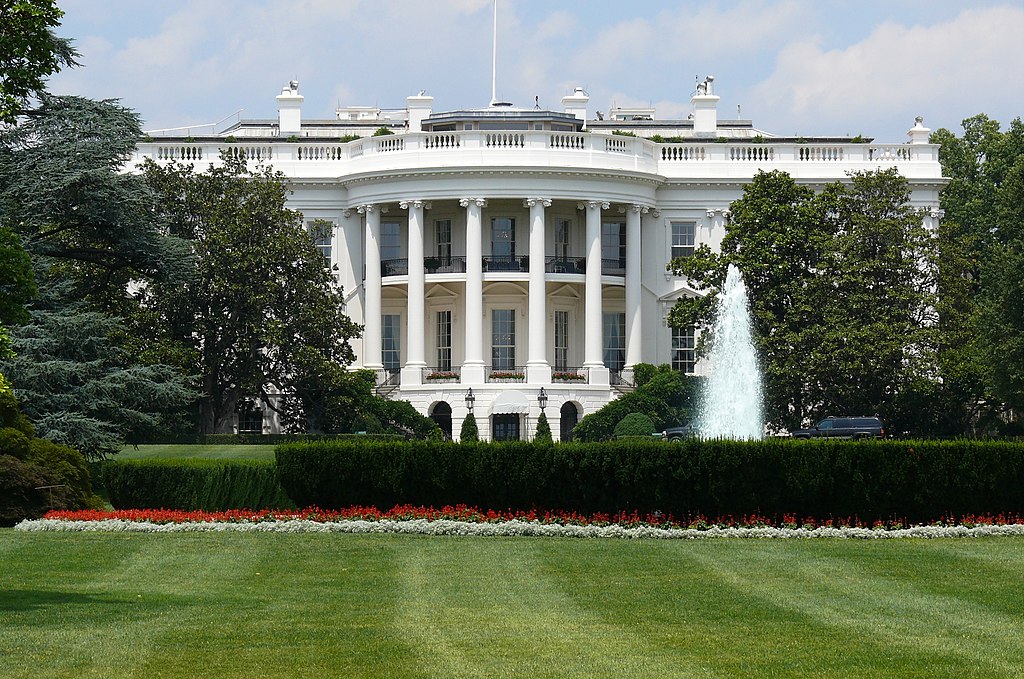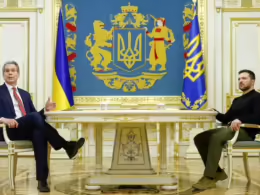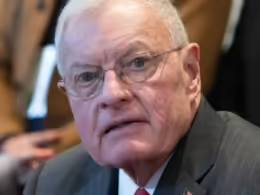- Russia attacks Kharkiv and oblast with drones; children among injured
- Ukrainian Air Force strikes Russian troop concentration in Kursk Oblast, military says
- Russian drones injure four civilians overnight
- “Russians erazed my home and took life of my grandmother”: Russia kills, injures civilians across Ukraine
- Defence Blog: Russia tests new drone swarm tactic against Ukrainian cities
- Russian drone attack on Kyiv kills five-year-old girl, her father, injures her mother
- Russia struggles to amass troops underground in Vovchansk as Ukraine detects every move
- Russian aerial attacks kill five civilians in Zaporizhzhia and Sumy oblasts
FT: Trump’s Ukraine minerals deal expected to yield no output before 2035
Kyiv ratified Trump’s mining accord, but analysts warn it’ll take a decade before any returns due to major logistical obstacles.





